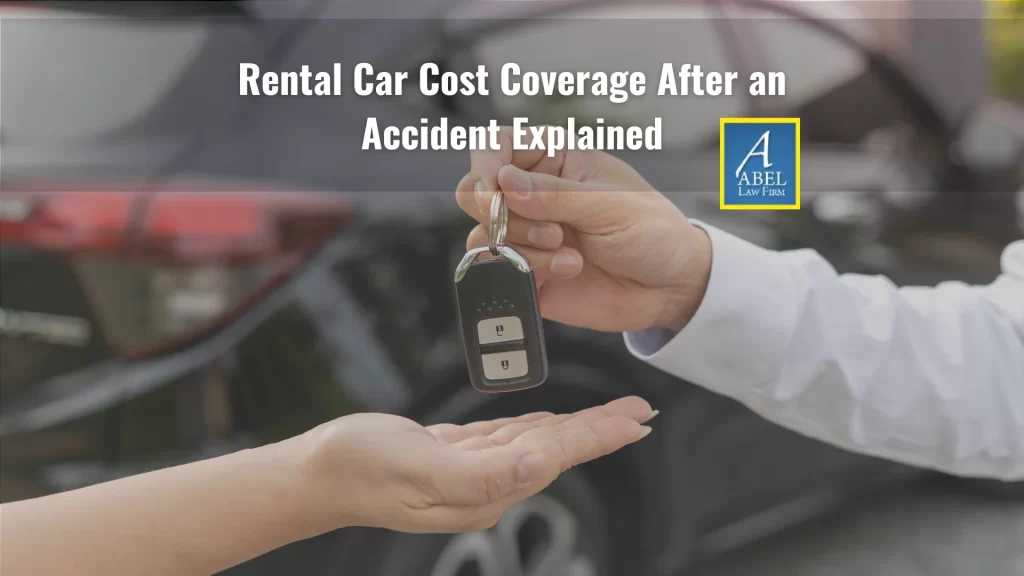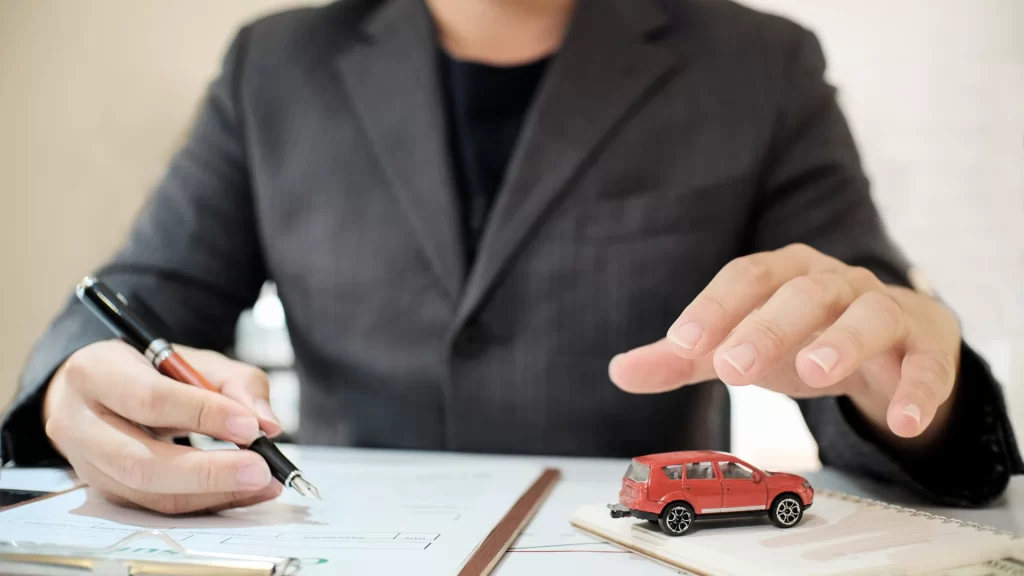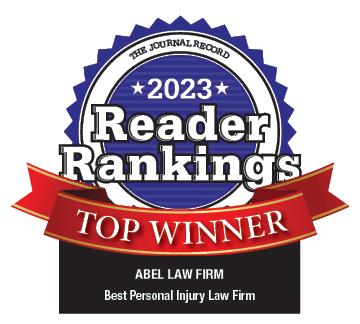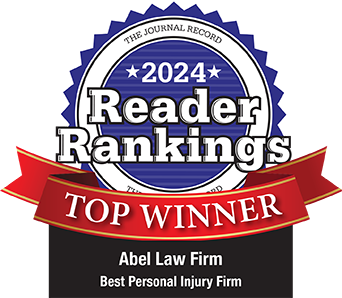Posted on Monday, January 1st, 2024 at 9:00 am

After you’ve been hurt because of someone else’s wrongdoing and file an insurance claim to get the compensation you need, the insurer or at-fault party might not offer the money you deserve. Going to court is an option in these circumstances. However, you may benefit from trying mediation before going to trial. Follow our Personal Injury Mediation Preparation Guide to make the process easier for you.
Mediation involves negotiations guided by a neutral third party. Sometimes, personal injury mediation can be helpful when negotiations have otherwise stalled. It’s more likely to be productive and successful if you prepare for mediation beforehand.
Steps in the Mediation Process for Injury Cases
Before learning about personal injury mediation preparation, you should know what mediation involves. The process usually includes such steps as:
- Signing a confidentiality agreement – Mediation offers many benefits over going to trial. One of the benefits of mediation is that the details of mediation sessions are confidential. To ensure they remain confidential, all parties must typically sign confidentiality statements at the beginning of mediation.
- Opening statements – Both the injured party (plaintiff) and the at-fault party (defendant) get to make opening statements in which they present their arguments. During their opening statement, the plaintiff’s goal is to explain why they believe they deserve the money they seek. The defendant’s opening statement will explain why they believe they should pay less. The attorneys for each side usually deliver the opening statements.
- Separation and discussion – The plaintiff and the defendant will usually separate into different rooms after opening statements. The mediator will meet with each side to discuss their goals in greater detail. A mediator may try to determine the lowest settlement offer a plaintiff would consider fair. When meeting with the defendant, they may ask them to point out the weaknesses in the plaintiff’s case that justify offering less than they demanded. If the mediator believes any of these weaknesses are valid, they may share this with a plaintiff, helping them better understand their chances of receiving the compensation they seek.
- Reaching an agreement – Successful mediation may result in the defense and plaintiff agreeing to settlement terms without going to court. The plaintiff will sign an agreement stating they will not pursue further legal action against the defendant. The court will review the terms of the agreement, and once all parties sign and the court issues its approval, the agreement is finalized.
Arriving at a settlement through mediation may be less costly than going to trial. In addition, there’s no guarantee a jury will award any money if you go to court.
That doesn’t mean you should always accept a settlement agreement in mediation. If mediation isn’t successful, you don’t have to accept unfair settlement terms. If mediation does not work, a judge or jury can weigh your claims in court.
How to Prepare for Injury Mediation
Mediation is more likely to be a smooth and productive experience for all involved if you prepare accordingly. Tips for preparing for mediation include:
- Make sure everyone has the information and documentation they need – Ensuring you have all the documentation and evidence you need to put forth a strong argument is essential. However, it’s also wise to confirm that the “other side” has everything they need from you. Taking this step indicates you’re willing to work with them. Thus, it sets up a positive foundation upon which to begin the mediation process.
- Consider all the ways your injuries have affected you – Be thorough when listing the effects of your injuries. Don’t limit yourself to focusing exclusively on medical expenses, lost wages, and other such economic losses. For example, you may also keep a pain journal in which you describe the discomfort you experience as a result of your injuries. Or, you might keep a record of the activities you can no longer participate in because your injuries have caused physical limitations.
- Discuss the process with your attorney – Set aside time to prepare for mediation with your attorney. Your lawyer can answer any additional questions you may have about mediation. Together, you can discuss possible compromises that might work and work on a strategy for achieving a settlement agreement, which can help ensure that nothing takes you by surprise during a mediation session.
- Perfect your opening statement – Your opening statement gives you the chance to make a strong impression and state your priorities. It’s a critical element of the process. As such, working on it should be a major component of your approach to personal injury mediation preparation if you plan to deliver the statement yourself.
Dress professionally and behave civilly on and throughout the day of mediation. Mediation is an option that you may consider to avoid going to court. Regardless, you should still treat mediation with the same respect you would give a trial in a court setting.
Tips for Successful Personal Injury Mediation
 Other tips for successful personal injury mediation include:
Other tips for successful personal injury mediation include:
- Go into mediation knowing what the lowest settlement offer you’ll accept is. However, you may learn new information during mediation, or the mediator may offer a perspective you haven’t considered. Before an agreement is reached, reaching a resolution can be difficult as the insurance company and insurance adjusters can have differing perspectives. Although you don’t want to accept less than you deserve, being flexible may be necessary if you find your demands have been genuinely unreasonable given the circumstances.
- Control your emotions. One of the advantages of mediation is that it gives all parties involved in a case the opportunity to present their arguments in a civil environment.
- Be open but strike a balance. There may be creative solutions you haven’t considered. Be willing to listen to them, but never accept a solution that’s unfair to you. Reach a settlement that’s fair and agreeable but also in consideration of all the parties involved.
Most importantly, don’t stress. Mediation should be a helpful process. It should not cause greater concern.
Contact a Personal Injury Lawyer Today
Mediation isn’t a process you have to navigate alone. As with many aspects of a personal injury case, you may find that personal injury mediation preparation is much easier with legal representation.
At Abel Law Firm, our Oklahoma City personal injury lawyers will guide you through all steps of mediation during a personal injury claim. Our team can also help you evaluate settlement offers during the process to help you avoid accepting an offer that’s unreasonably low. Learn more by calling our experienced personal injury attorneys at (405) 239-7046 or contacting us online today for a free case review.


